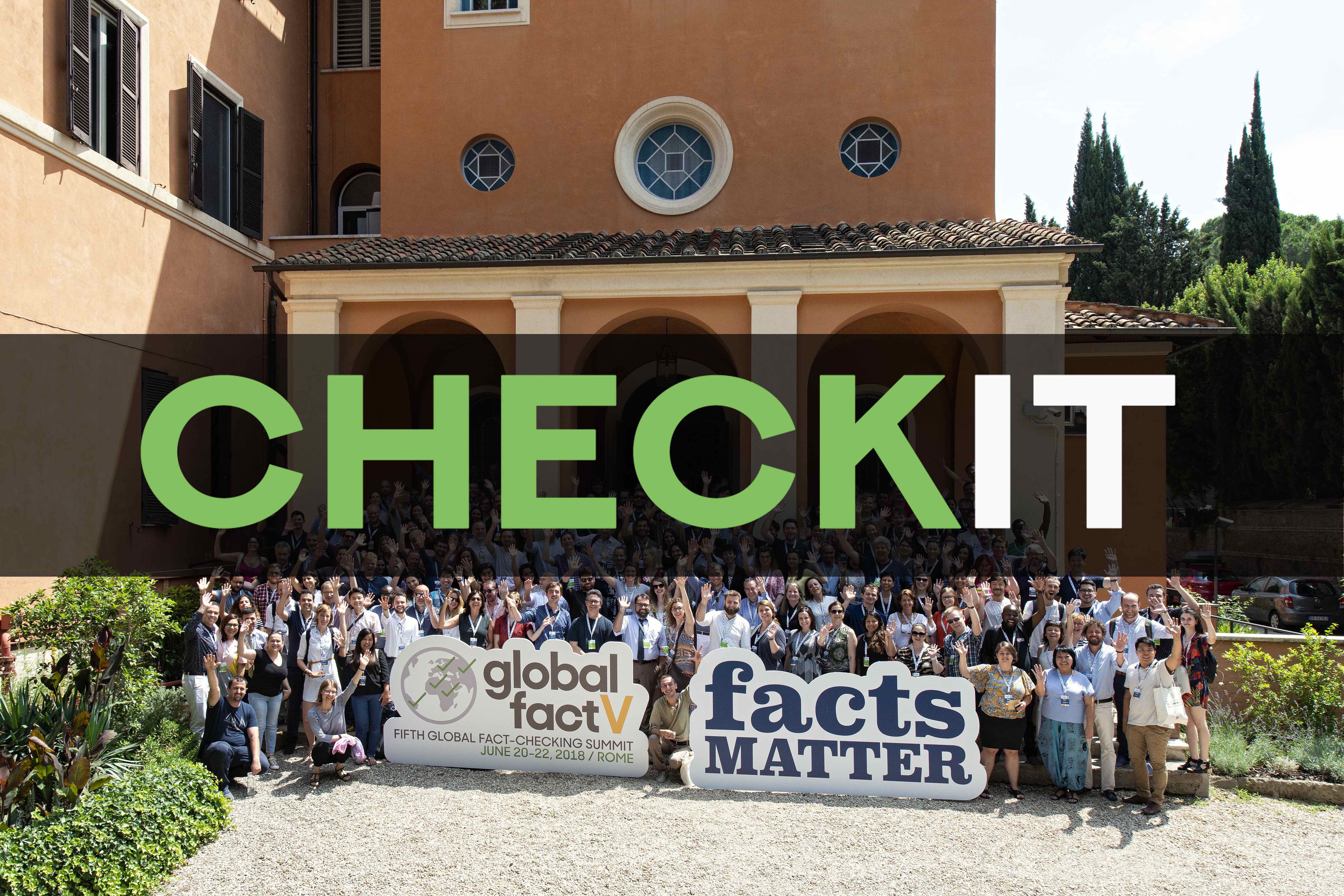What it took to ban InfoWars
This week, pretty much every major technology company took action against conspiracy theorist and InfoWars host Alex Jones.
On Sunday, Apple took down the bulk of the site’s podcasts from iTunes and the Podcasts app, citing a violation of the company’s hate speech policies — specifically in the way Jones had talked about immigrants, Muslims and transgender people. (Apple has still not removed the InfoWars app.) Facebook and YouTube quickly followed suit, as did Spotify and MailChimp. Notably absent from that group is Twitter.
In a tweet, CEO Jack Dorsey defended the decision to keep Jones and InfoWars on Twitter, saying that neither had violated the platform’s rules and that the onus should be on journalists to fact-check them. And journalists have taken Dorsey to task over it, with some pointing out that Twitter’s policies are very similar to those of other platforms, notably its rule against “abuse and hateful conduct.”
As Kara Swisher noted in her latest column for The New York Times: “Twitter is doubling down on the same squishy point of view that has allowed too much of it to become a cesspool over the last several years, and it has little intention of truly cleaning up.”
So what does all this tell us about how Twitter approaches misinformation?
While the reasons that the platforms banned Jones and InfoWars have to do with hate speech, Twitter’s inaction fits neatly into a pattern of behavior in which the company has largely recused itself from blame over misinformation. While both Twitter and Facebook have received plenty of bad press over the past couple of years, the former hasn’t taken many steps to combat the problem — despite the fact that fake news frequently goes viral on the platform.
“They’re not doing anything — and I’m frustrated that they don’t enforce their own policies,” PolitiFact Editor Angie Holan said in a Poynter story. “And their attitude seems to be that they’re just doing nothing compared to what Facebook and Google are doing to combat fabricated news and hoaxes.”

This is how we do it
- Want to be a better fact-checker? Watch these eight videos from the IFCN.
- In Brazil, fact-checkers are collaborating with tech platforms to try and curb misinformation ahead of this fall’s election.
- In Argentina, Chequeado live fact-checked an abortion debate in the Senate using automated tools from Full Fact and its own newsroom.
This is bad
- Far-right trolls are peddling baseless conspiracies that LGBT activists condone pedophilia, BuzzFeed News reported.
- Fake social media videos are one thing. Fake Facebook Live videos are another.
- Researchers have found that hackers can change usernames and messages after they’ve already been sent on WhatsApp.
This is fun
- Did the Oklahoma Department of Transportation really use a Drake song to promote driver safety? Yep.
- The number of fact-checking organizations worldwide has grown from 149 to 156 since February, according to the Duke Reporters’ Lab’s latest count.
- Here’s a fact-checking mantra to live by, courtesy of Joseph O’Leary at Full Fact.
Coming up
- The entry deadline for the African Fact-Checking Awards is Aug. 15. Apply here.
- Doğruluk Payı is hosting the first fact-checking summit in Turkey (co-organized by the IFCN) Nov. 1-2. Apply to attend here by Aug. 31.
- Mother Jones is hiring a reporter to cover information warfare and conspiracy theories.

If you read one more thing
Over the past few weeks, the QAnon conspiracy theory has been all over the news in the United States. In an article for The Guardian, Whitney Phillips argued that some of that coverage gave QAnon’s baseless claims more airtime than they deserved — and she gave a few examples of how the media can better cover conspiracies in the future.
5 quick fact-checking links
- The Newseum stopped selling “You are very fake news” T-shirts after Poynter pointed them out.
- The New York Times’ Kevin Roose talked about the QAnon conspiracy theory on an episode of The Daily last week.
- Comprova has officially started publishing fact checks in Brazil.
- YouTube is adding Wikipedia explainers underneath videos that question climate change.
- I was on WUSF last week to talk about Snopes’ ongoing feud with a notorious internet hoaxer.
Until next week,
Daniel







